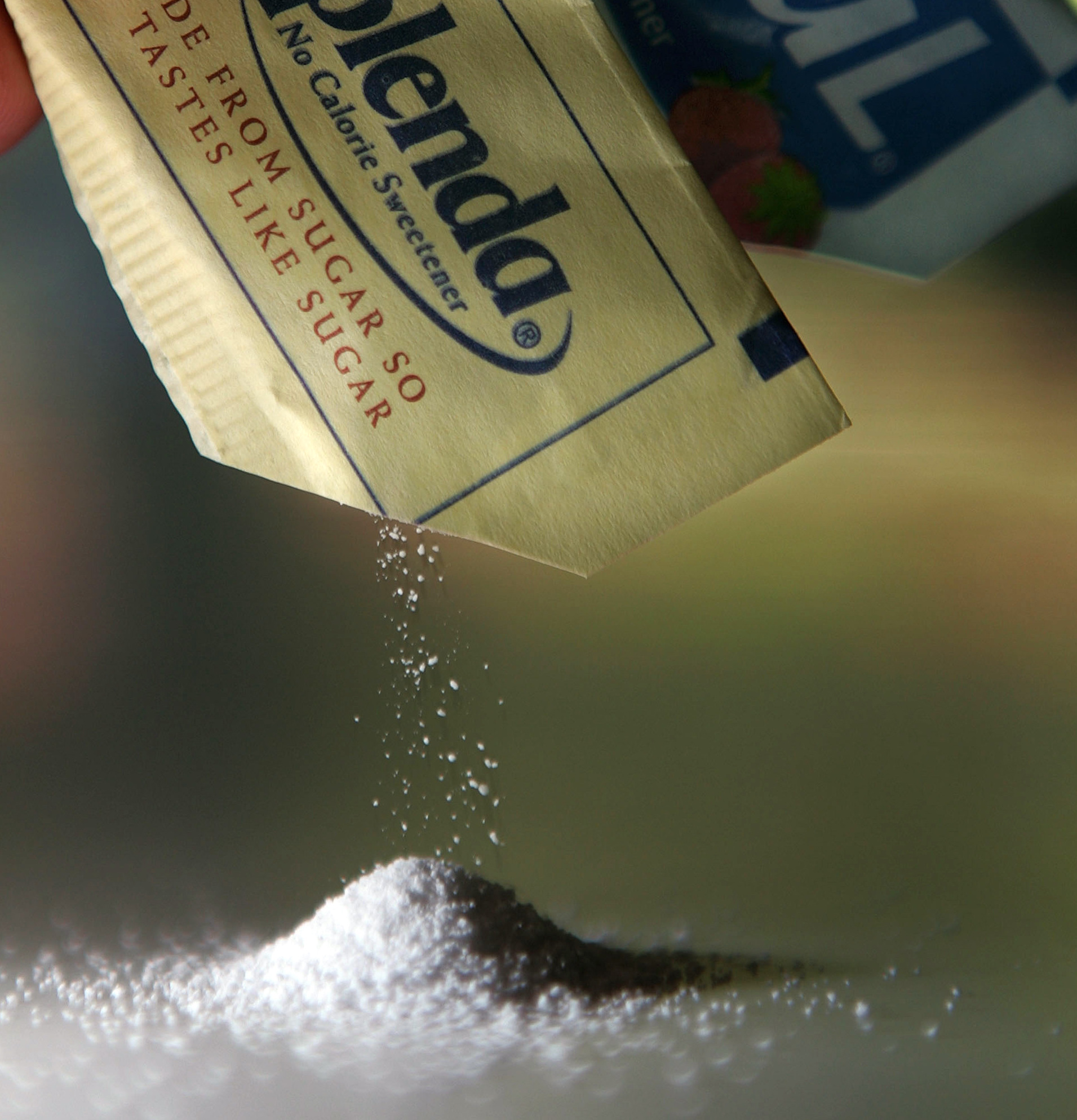Artificial sweeteners may lead to diabetes and obesity, scientists say
Promoted as an aid to good health, artificial sweeteners may in fact be boosting diabetes risk, said a study Wednesday. Researchers in Israel found that artificial sweeteners used in diet drinks and other foods can disrupt healthy microbes that live in the gut, leading to higher blood sugar levels – an early sign of diabetes. They added aspartame, sucralose or saccharin to the drinking water of mice in body-size appropriate doses equivalent to recommended maximum human intake. Those rodents given artificial sweeteners developed glucose intolerance, whereas mice that drank only water, or water with sugar, did not.
Our findings suggest that non-caloric artificial sweeteners may have directly contributed to enhancing the exact epidemic that they themselves were intended to fight.
Scientists led by Eran Elinav and Eran Segal of the Weizmann Institute of Science in Israel
Next, the researchers transplanted faeces from artificial sweetener-fed and glucose-fed mice into rodents bred to have no gut bacteria of their own. The blood-glucose levels of the artificial sweeteners transplant recipients rose sharply, and their gut bacteria worked harder than the other group’s at extracting glucose from nutrients. But the study has left many experts unconvinced. The findings draw largely on tests of just one sweetener in mice, raising doubts about their relevance for people, and to other sweeteners. Large studies in humans have found that sugar substitutes can help people maintain a healthy weight and protect against diabetes.

sweetener Health